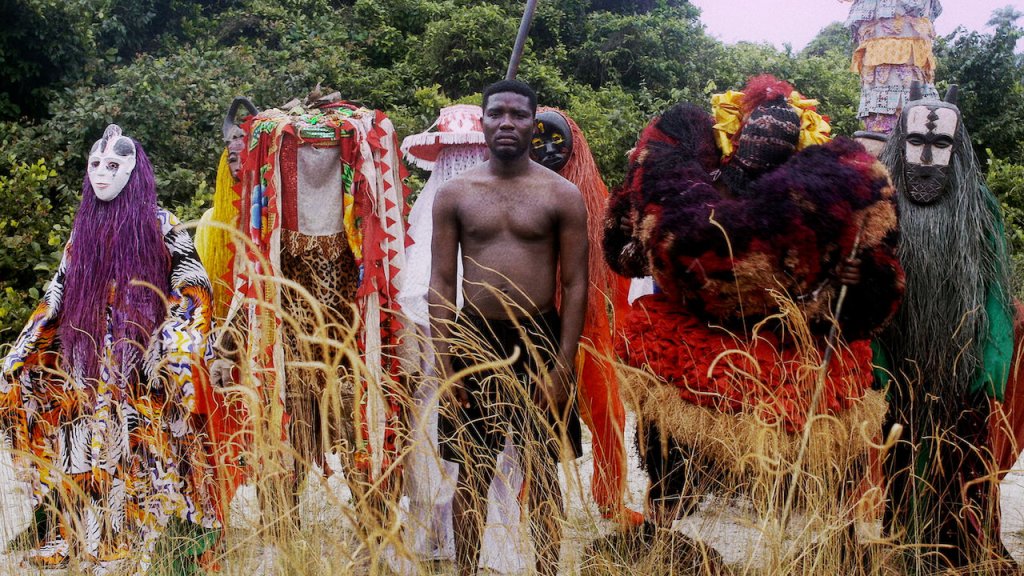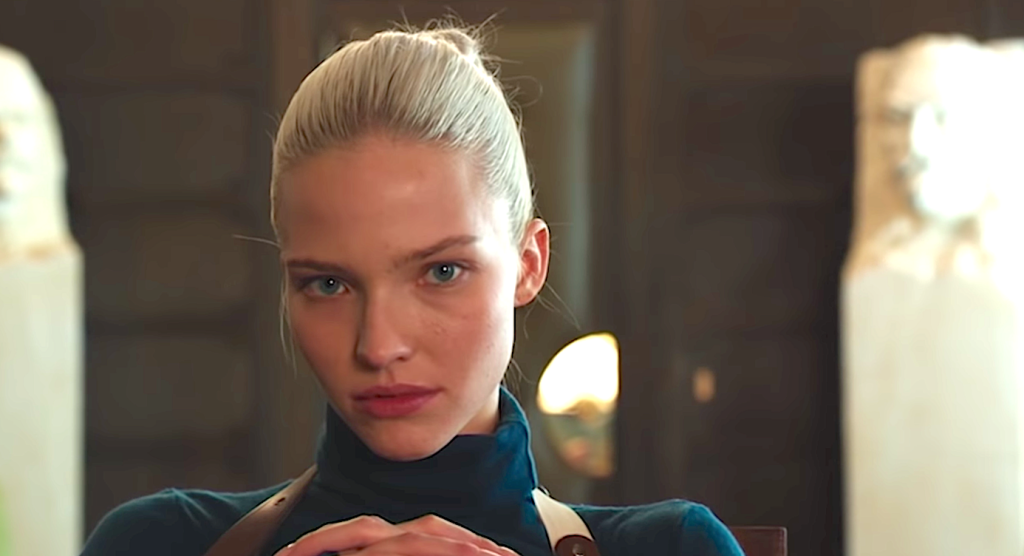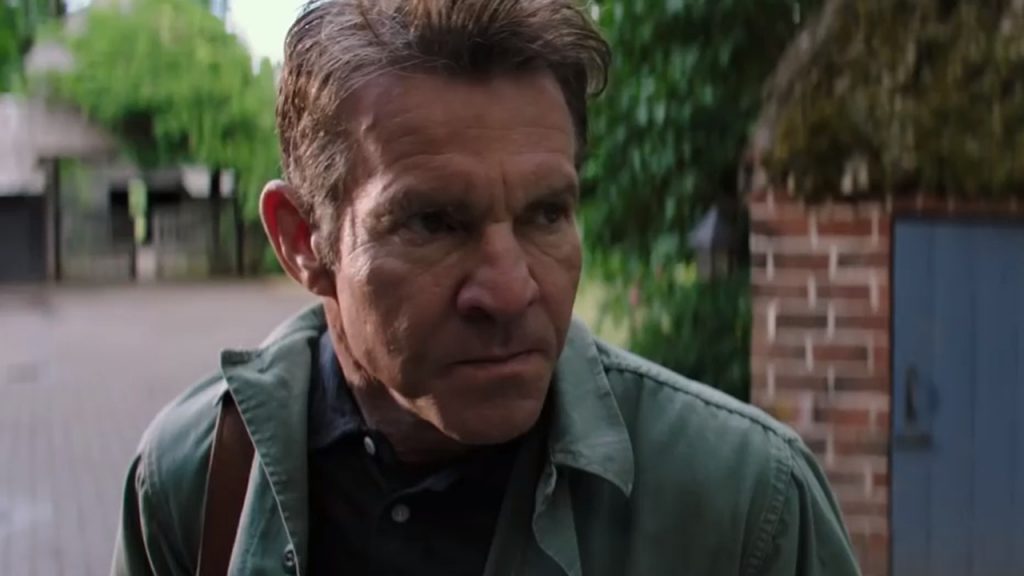“The Lost Okoroshi” is not entertaining but arouses interest in Nigerian traditional mythology. Once the plot is established, you might expect the film to be spine-chilling but interestingly, it is not creepy.
“The Lost Okoroshi” espouse the idea that pre-adoption of Christianity in Nigeria, masquerades were spirits and not necessarily evil. As in today’s world, they entertained the people but they also meted out justice and brought good for to those they were acquainted with but unlike today, one couldn’t just put on and take off a costume. The film stars ex-BBNaija house Ifu Ennada as Sarafina. A commercial sex worker who finds favour with the Okoroshi after a bad business day.
Directed by Abba Makama, “The Lost Okoroshi” follows the story of a Raymond (Seun Ajayi), a Lagos-based security man who longs for the quiet village life. In daylight, he dreams of raising money to buy a farm and relocate the village. But in the dead of his the night, Raymond is taunted in his dreams by masquerades.
He also has a fondness for his elderly neighbour Okonkwo (Chiewetalu Agu). They are men of like passions. Okonkwo a factory worker also dreams of owning a restaurant where he can serve Isi Ewu – a traditional Igbo dish made of a goat head. He also tells Raymond not to runaway from the masquerades in his dream. Nneka (Judith Audu) gives Raymond contrary advice.
It’s all praise for Nneka initially. A diehard Nigerian woman who did not run away after awakening to a masquerade as her husband, but sought help for him until she showed up at a hospital and thereafter Raymond’s office. Those actions were inconsistent with the character of the woman who previously had suggested a visit to her pastor following Raymond’s constant nightmares. The actors give a decent performance but TV personality Ozzy Agu was the biggest surprise in this film. Agu had a stint as one of the leaders of the Igbo People’s Secret Society of Heritage Restoration and Reclamation (IPSSHRR). He lit up the screen in the single scene he appeared. Phenomenal.
What was most interesting however, is the director’s depiction of how one symbol can have a different meaning to the different social classes in Nigeria. Makama shows the slums, markets and cosmopolitan Lagos. In highbrow areas, a masquerade is something to be terrified of. In others, a masquerade is welcomed and celebrated. The Okoroshi dances to admiration of traders in markets and they cheer on. The IPSSHRR also celebrate the return of the Okoroshi.
“The Lost Okoroshi” premiered at the Toronto International Film Festival (TIFF) last year but it is now streaming on Netflix.




